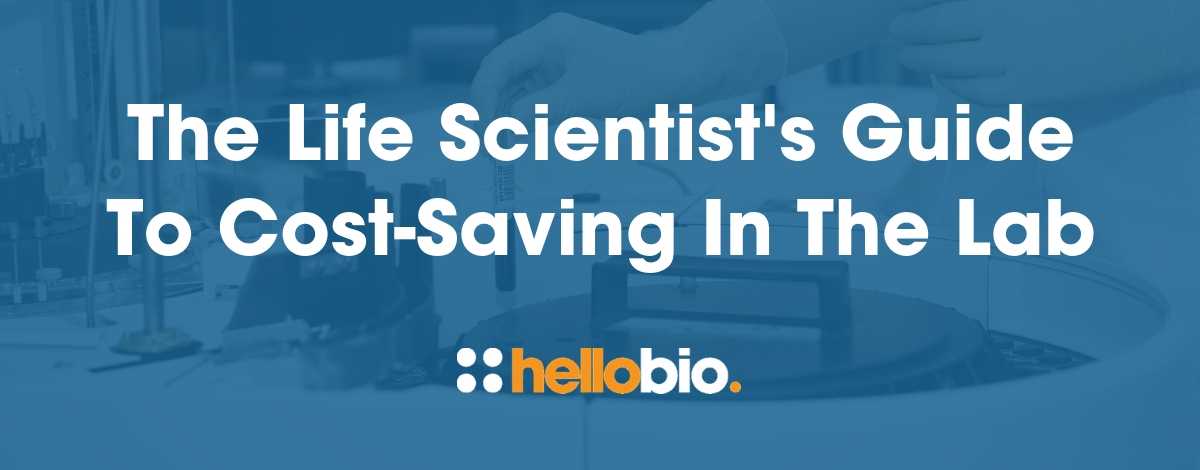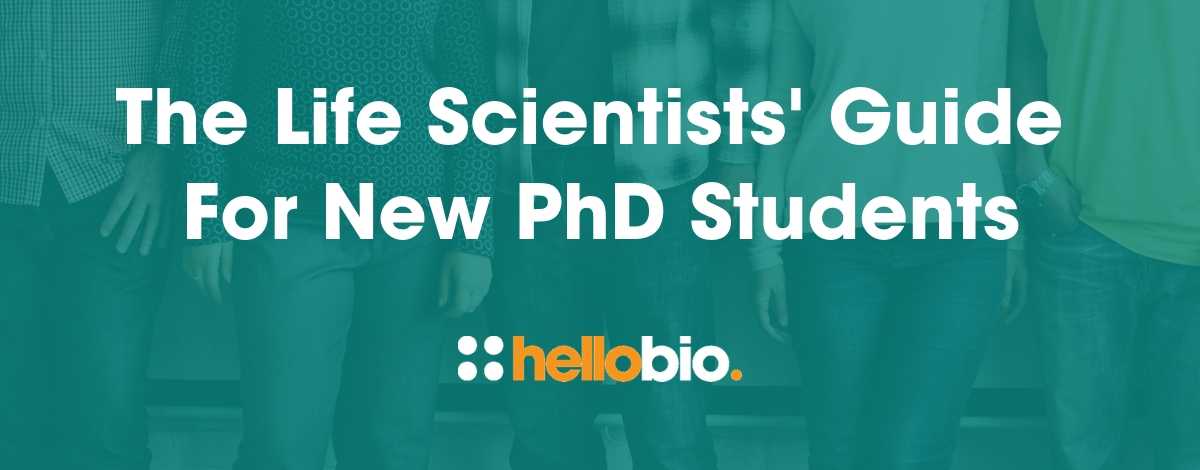Interviews with Scientists: Andrew Riquier
Andrew Riquer is a PhD candidate at the University of Nebraska at Omaha, USA. Originally from Chaplin, Connecticut, Andrew received his undergraduate degree in Psychology from Nebraska Wesleyan University in Lincoln, Nebraska. He received his Master’s degree in psychology with an emphasis in neuroscience and behavior from the University of Nebraska at Omaha.
During his graduate career, Andrew has personally been awarded several internal and external fellowships and research grants. He has given numerous research presentations, including a research talk at the annual meeting for the Society for Neuroscience in 2019. While in graduate school, Andrew discovered a love for teaching, and regularly teaches courses at his university. In his spare time, Andrew participates in neuroscience outreach, teaching neuroscience to children across the United States.
Thanks so much for speaking to us, Andrew! Firstly, tell us a bit more about your research...
My laboratory uses the taste system to study neural development and injury regeneration. While using the taste system may appear unorthodox, it is actually a fantastic model, as there are established differences in regenerative capacity that vary across development, and even between adjacent nerves!
My research focuses on the contribution of two cell types, microglia and astrocytes, to gustatory neural development, as well as to reinnervation of the brain following peripheral nerve damage. I have demonstrated that there are differences in the magnitude and nature of the microglia and astrocyte responses to taste nerve injury that correspond to differences in the ability of the damaged nerve to regenerate. Currently, I am working on a project examining the mechanisms of developmental pruning of sensory nerves projecting to the brainstem.
Did you always want to be a scientist when you were younger, and why?
For as long as I can remember, I have always wanted to be a scientist. While growing up, I always very inquisitive and used to perform “experiments” on my toys. The type of scientist I wanted to be has changed throughout my life: from geneticist, to anthropologist, to psychologist, to neuroscientist. I actually decided on neuroscience fairly late; I was intending to be a social psychological researcher until my junior year of undergraduate studies. At that point, I realized my interests were more in the biological bases for behavior, rather than the behaviors themselves. Once I started graduate school, my interests shifted again from behavior to more cellular topics, which is what I do now.
What are you enjoying most about your PhD?
Honestly, I enjoy it all. I like brainstorming new research ideas. I love that feeling of excitement when you run statistics on data you’ve been collecting for a while. I enjoy grant writing and teaching. I also have a lot of fun giving research talks, I enjoy the challenge of framing my research in a way that the audience can relate to (and understand). But I think my favorite aspect is probably helping new students grow and flourish. Our laboratory is structured in such a way that I have been given several opportunities to train and mentor undergraduates and new graduate students. I get such a feeling of satisfaction from watching students that I’ve helped succeed.
What advice would you give to someone just starting out with their PhD?
It is not uncommon to feel completely overwhelmed when first starting your program. You may have been the “big fish” in your undergraduate classes, and feeling behind and lost may be new to you. Often, you are surrounded by people who have been working in the area much longer than you, and you can feel like you may never catch up. You will. You will progress more quickly than you imagine. The expert in anything was once a beginner.
What's the most important lesson you have learned in your PhD / career so far?
Sometimes, I feel like graduate school is just a series of learned lessons, with the most important lessons being stage-dependent. However, I think a crucial lesson is to take care of yourself. It is easy to get so wrapped up in your work that you neglect the rest of your life. There will always be more work to do. Work hard, but make time for your family and for yourself.
What’s your biggest achievement in your career to date?
In 2018, I was awarded competitive fellowships from both the Buffett Early Childhood Institute and the National Aeronautics and Space Administration (NASA). These awards really catapulted my career, allowing for me to devote all my energy to conducting research and providing me with funding to present my research internationally.
Tell us a bit more about what you’re working on at the moment…
I study how microglia and astrocytes contribute to differences in neuroplasticity across development. My current projects involve manipulating microglia during normal development to study both how peripheral to central pathways change over time and what happens when damage occurs during key stages of neural development.
What does a typical day in the lab look like for you?
Every day is different for me. I try to exercise when I first get to campus. Then some days I teach classes, others I have laboratory meetings, and others I spend the majority of my day running immunohistochemistry or performing microscopy. Whenever I have a ton of writing to do, I prefer to do that from home.
Outside the lab, what do you enjoy doing most?
I like to talk with my family, play video games and read.
If you weren’t a scientist, what do you think you’d be doing?
I’m not sure, but likely a job that involves teaching or public speaking.
What is it about your field of research that gets you most excited?
I like how widely applicable my field of research can be. Microglia have been linked to most neurodegenerative and neurodevelopmental disorders, brain injuries, regeneration, as well as normal neural development. This is what makes the field so exciting to me: the mechanisms observed in one context may be relevant in a multitude of other areas.
What’s your favorite science quote?
“Progress is made by trial and failure; the failures are generally a hundred times more numerous than the successes; yet they are usually left unchronicled.” – Sir William Ramsay.
I like this quote for a number of reasons, but mainly because I think it is easy to see the discoveries and paradigm shifts of the past and think that if our own experiments don’t work out, we are somehow lesser researchers. In reality, I think every great success often comes after a long line of missteps, a lesson perhaps applicable to life.
What do you think is the greatest scientific discovery of all time?
I think the concept of the scientific method is perhaps the most prolific and useful tool to be developed. The notion of a systematic empirical examination of the world not only changed how people thought, but also helped pave the way for the many discoveries that have occurred since.
___________________________________________
Thank you so much for speaking with us, Andrew! We wish you the very best with your research.
Andrew is a member of the Society for Neuroscience and the Association for Chemoreception Sciences. His funding comes from a number of sources. Much of the pilot data from his studies were funded from several internal competitive grants awarded by the University of Nebraska at Omaha Office of Research and Creative Activity. He has also been funded by the Buffett Early Childhood Institute and the National Aeronautics and Space Administration (NASA). Currently, he is funded as a teaching assistant through the Psychology Department at his university.
You can connect with Andrew:
_________________________________________________
If you enjoyed reading this article, why not check out the other resources available on our blog. We are passionate about supporting early career life scientists and PhD students - with really low- priced reagents and biochemicals, travel grants, and resources to help with both personal and professional development. We know how tough it is - so we hope you find these helpful!
Advice & guidance for life scientists
Click below to view our of essential guides and articles includes to support life scientists, PhD students & early career life scientists:
Travel grants
Every month we give away $500 to PhD students and Postdocs so that they can attend a scientific conference - click below to find out more:
Wellbeing for scientists
Click below for our resources to help improve your wellbeing:
Technical resources
Try our Molarity Calculator: a quick and easy way to calculate the mass, volume or concentration required for making a solution.
Try our Dilution Calculator: an easy way to work out how to dilute stock solutions of known concentrations
Click below to see our Mini-reviews, Pathway Posters & Product Guides: a set of technical resources to answer your questions on a wide range of topics and to help you get started quickly.
And - when you get to the stage of planning your experiments, don't forget that we offer a range of agonists, antagonists, inhibitors, activators, antibodies and fluorescent tools at up to half the price of other suppliers - click below to see how we compare with other suppliers:






















